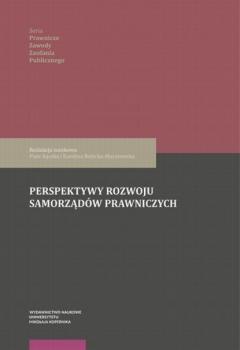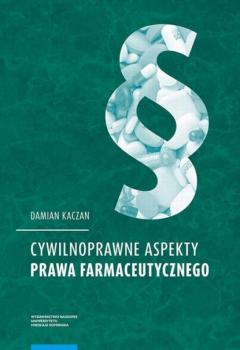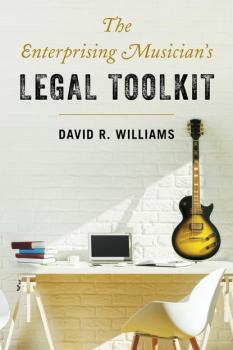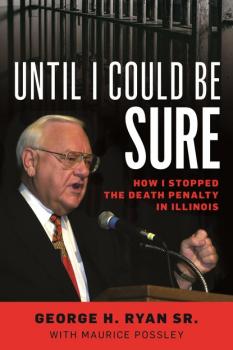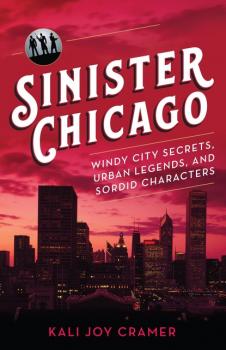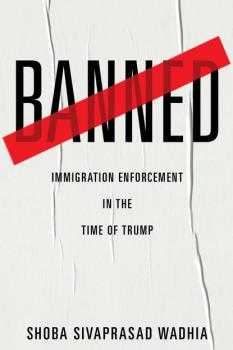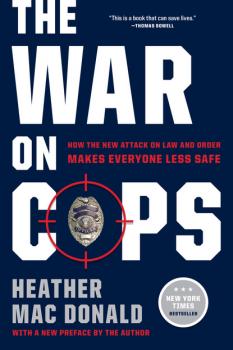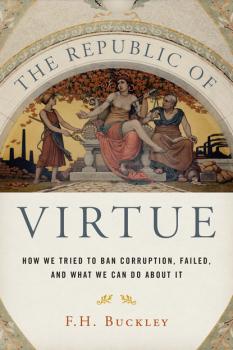ТОП просматриваемых книг сайта:
Юриспруденция, право
Различные книги в жанре Юриспруденция, право, доступные для чтения и скачиванияАннотация
Аннотация
In January 2000, Illinois Governor George Ryan declared a moratorium on executions—the first such action by any governor in the history of the United States. Despite a long history as a death penalty proponent, Ryan was emotionally moved after allowing an execution in 1999. He was also profoundly disturbed by the state’s history—12 men had been executed and 13 had been exonerated since the return of the death penalty in Illinois in 1977. More had been proven innocent than had been executed.Three years later, in 2003, Ryan pardoned four death row inmates based on their actual innocence and then commuted the death sentences of 167 men and women. This was the largest death row commutation in U.S. history. At that time, 12 states and the District of Columbia barred the death penalty. His actions breathed new life into the movement to abolish the death penalty in the United States. Over the next 15 years, Illinois and seven other states would abolish the death penalty—New Jersey, Maryland, New Mexico, Connecticut, Delaware, New York and Washington. Today, the push to reform the criminal justice system has never been stronger in America, a nation that incarcerates more men and women than any other country in the world and also wrongfully convicts hundreds of men and women. Although the number of executions carried out every year continues to drop in the U.S., the death penalty still exists in 31 states. Moreover, in some non-death penalty states, factions seek to reinstate it. Until I Could Be Sure: How I Stopped the Death Penalty in Illinois is, in his own words, the story of George Ryan’s journey from death penalty proponent to death penalty opponent. His story continues to resonate today. He defied the political winds and endured the fury and agony of the families of the victims and the condemned as well as politicians, prosecutors and law enforcement. It is a story of courage and faith. It is a timely reminder of the heroic acts of a Republican Governor who was moved by conscience, his faith and a disturbing factual record of death row exonerations.
Аннотация
The bone-chilling breeze off Lake Michigan carries unnerving whispers of days gone by. Sinister Chicago chronicles the unknown, unusual, or otherwise unexplained events that have occurred in Chicago’s short history. Author Kali Joy Cramer uncovers the sinister foundations of Chicago’s urban legends and unravels the facts around its most notorious murder cases. She looks below the superficial stories of Chicago’s most infamous characters and chronicles the tragic accidents that left their mark on the city.
South China Sea Disputes, The: Historical, Geopolitical And Legal Studies - Группа авторов
Series On Contemporary ChinaАннотация
Examines immigration enforcement and discretion during the first eighteen months of the Trump administration Within days of taking office, President Donald J. Trump published or announced changes to immigration law and policy. These changes have profoundly shaken the lives and well-being of immigrants and their families, many of whom have been here for decades, and affected the work of the attorneys and advocates who represent or are themselves part of the immigrant community. Banned examines the tool of discretion, or the choice a government has to protect, detain, or deport immigrants, and describes how the Trump administration has wielded this tool in creating and executing its immigration policy.Banned combines personal interviews, immigration law, policy analysis, and case studies to answer the following questions: (1) what does immigration enforcement and discretion look like in the time of Trump? (2) who is affected by changes to immigration enforcement and discretion?; (3) how have individuals and families affected by immigration enforcement under President Trump changed their own perceptions about the future?; and (4) how do those informed about immigration enforcement and discretion describe the current state of affairs and perceive the future? Shoba Sivaprasad Wadhia pairs the contents of these interviews with a robust analysis of immigration enforcement and discretion during the first eighteen months of the Trump administration and offers recommendations for moving forward.The story of immigration and the role immigrants play in the United States is significant. The government has the tools to treat those seeking admission, refuge, or opportunity in the United States humanely. Banned offers a passionate reminder of the responsibility we all have to protect America’s identity as a nation of immigrants.
Аннотация
Violent crime has been rising sharply in many American cities after two decades of decline. Homicides jumped nearly 17 percent in 2015 in the largest 50 cities, the biggest one-year increase since 1993. The reason is what Heather Mac Donald first identified nationally as the “Ferguson effect”: Since the 2014 police shooting death of Michael Brown in Ferguson, Missouri, officers have been backing off of proactive policing, and criminals are becoming emboldened. This book expands on Mac Donald’s groundbreaking and controversial reporting on the Ferguson effect and the criminal-justice system. It deconstructs the central narrative of the Black Lives Matter movement: that racist cops are the greatest threat to young black males. On the contrary, it is criminals and gangbangers who are responsible for the high black homicide death rate. The War on Cops exposes the truth about officer use of force and explodes the conceit of “mass incarceration.” A rigorous analysis of data shows that crime, not race, drives police actions and prison rates. The growth of proactive policing in the 1990s, along with lengthened sentences for violent crime, saved thousands of minority lives. In fact, Mac Donald argues, no government agency is more dedicated to the proposition that “black lives matter” than today’s data-driven, accountable police department. Mac Donald gives voice to the many residents of high-crime neighborhoods who want proactive policing. She warns that race-based attacks on the criminal-justice system, from the White House on down, are eroding the authority of law and putting lives at risk. This book is a call for a more honest and informed debate about policing, crime, and race.
Аннотация
Public corruption is the silent killer of our economy. We’ve spawned the thickest network of patronage and influence ever seen in any country, a crony capitalism in which business partners with government and transfers wealth from the poor to the rich. This is a betrayal of the Framers’ vision for America, and of the Constitution they saw as an anti-corruption covenant. Most Americans get it, and this explains the otherwise improbable rise of Donald Trump and Bernie Sanders. When a country is corrupt, legislative efforts to make things better can actually make them worse. That’s what has happened with our campaign finance laws, says the conservative, and not entirely without reason. We’ve criminalized political speech and sent the message that it’s unsafe to get involved in politics without a lawyer at one’s side. Donor disclosure requirements have also unleashed Internet mobs that attack political opponents. We’d be better off without any of them, Buckley argues in this provocative book. They’re a net with the curious feature that the big fish swim through safely while only the little fish are caught, and those with the wrong political beliefs. All such rules are a disaster, and should be replaced by a different set of laws that focus on crony capitalism and the nexus of legislators and lobbyists that prey on our economy.


